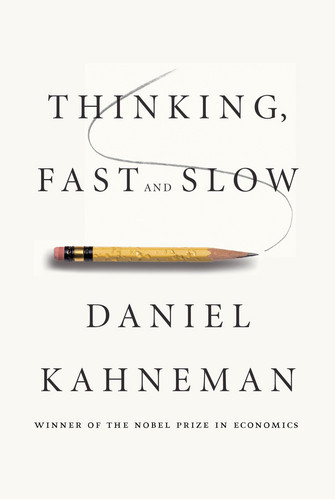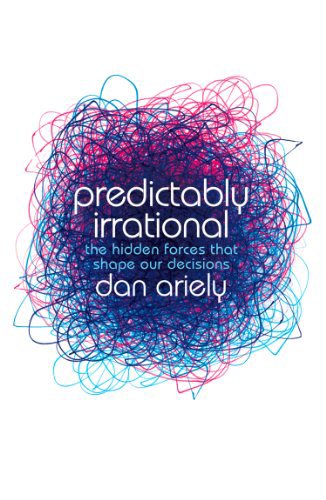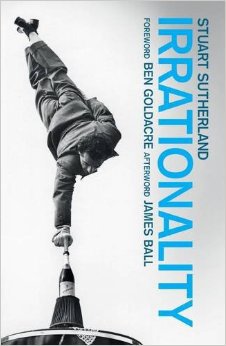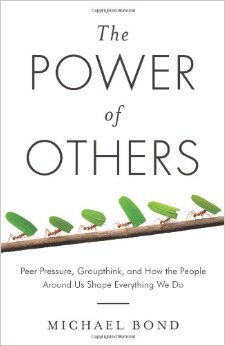Reading About Homo Irrationalis
Doing research for ‘novel 3’ which is geared up to be about irrationality, I got slightly carried away, reading not as planned one book on the topic but four. I’m glad I did. It was a deeply fascinating journey which became surprisingly personal as I was handed many explanations for what had happened in those past moments in my life where the behaviour of others or myself had me baffled.
Human irrationality has been investigated for decades, occasionally hitting the headlines as in the robbers cave study or the Stanford prison experiment which has been made into an unforgettable film (The Experiment, 2001). But it took until 2011 when Daniel Kahneman’s ‘Thinking, Fast and Slow’ came out that human irrationality became known to the public as a comprehensively studied thing.

Filled with many examples and experimental detail, the book covers a large number of areas where we are prone to irrationality, such as making bets, jumping to conclusions or making predictions to name but a few. A single thread runs through all chapters: the theory of two cognitive modes that define our thought processes. When we are not facing any special challenges, we are held on course by ‘system 1’ acting like an autopilot. As soon as the going gets tougher, ‘system 2’ kicks in, bringing whatever problem needs to be solved to our attention. The theory is useful as it allows us to see the inherent biases in system 1 as well as the interplay between system 1 and system 2 as productive sources of irrationality.

To help us stay rational, Kahneman gives us techniques to become aware of the irrational behaviour in others and ourselves. Each chapter is concluded by a ‘speaking about’ section with sentences designed to help us point it out to each other. Though I’ve never heard anyone say things like, “this is your system 1 talking. slow down and let your system 2 take control”, I can’t but wonder what society would look like if we did.
Dan Ariely’s ‘Predictably Irrational’ from 2009 is not as comprehensive as Kahneman’s ‘Thinking, Fast and Slow’, but perhaps a more engaging read and more oriented towards economics, giving us many examples of how corporations exploit our irrationality for their gain.

Stuart Sutherland’s “Irrationality: The enemy within” was first published in 1992 but is still surprisingly relevant. Even with the books by Kahneman and Ariely ‘under my belt’, I found it well worth reading. Where ‘Thinking, Fast and Slow’ can get mired in detail, this book, lacking the findings that came after it and not skimping on personal opinion, is an easier read with punchy conclusions. Very occasionally one may skip a few pages when Sutherland goes into a rant about, e.g., the imperfections of engineering and the overconfidence of doctors and financial investors. Like Kahneman, Sutherland gives us methods to keep our irrationality in check and berates us to get a grasp of at least the basic principles of statistics.

An unexpected find was ‘The Power of Others’ by science writer Michael Bond which details the many ways we are defined through our links to others and how this can warp our minds. Topics include emotional contagion, social mimicry, mob behaviour, the failures of groupthink and the binding and dividing power of fear. We are not designed to function on our own but together with others, which has important consequences for our ability to act, rationally or not. In the words of the author, “presence of others can lead us astray, but their absence can propel us to a far worse place”. Indeed, in the perhaps most riveting chapters of the book, Bond deals with the consequences of complete isolation, as a prisoner or explorer, and the difference between loneliness and solitude.
In conclusion it seems to me that human behaviour has been fully explored, with no stone left unturned, and has been found wanting everywhere as far as rationality is concerned. How can we not be doomed? It is somewhat comforting that Sutherland concludes his book by asking how much rationality we really need (not a great deal) and—as it can impede spontaneity and our ability to act naturally—how much of it is even desirable.
